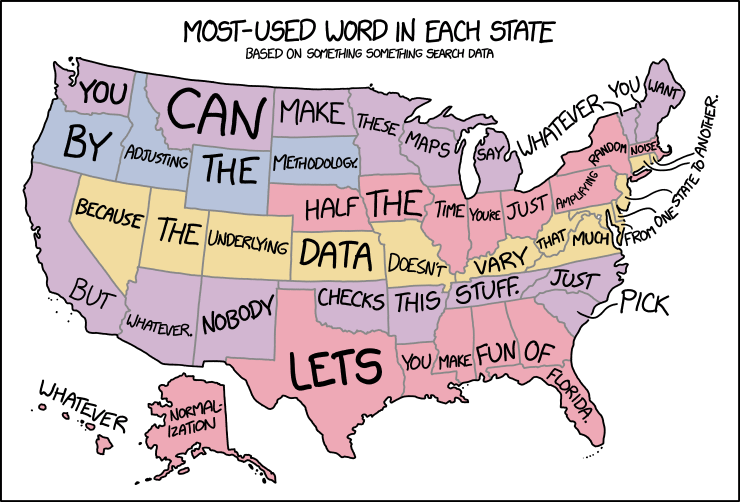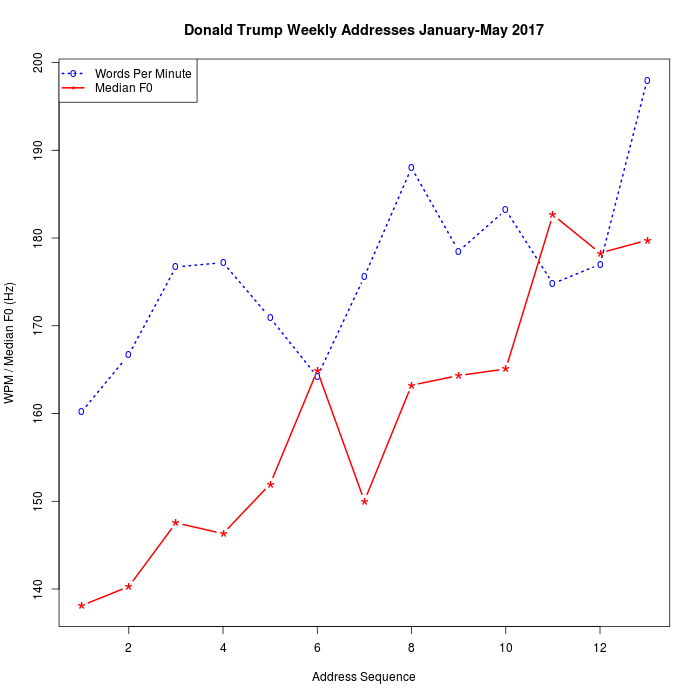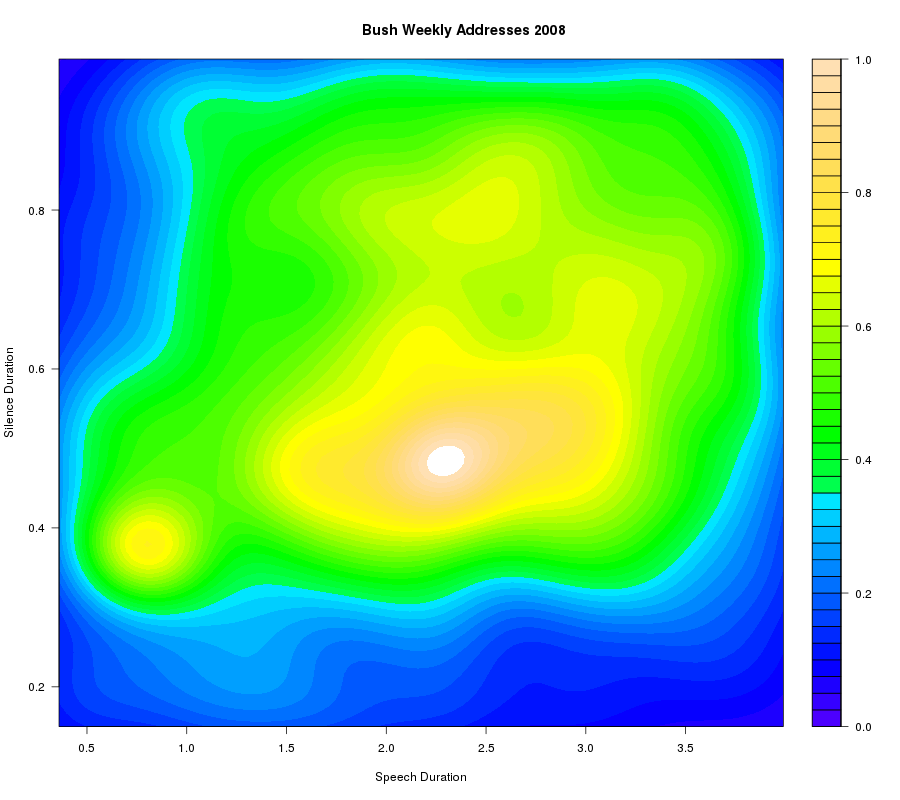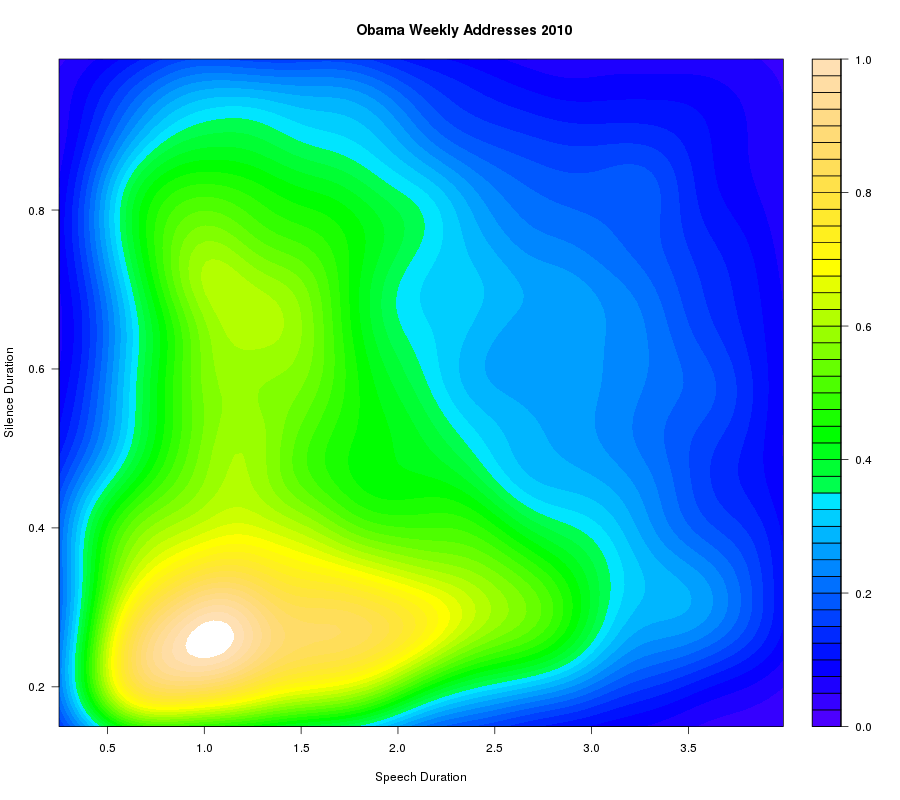Blizzard Challenge: Listeners wanted
From Simon King:
We need your help with the Blizzard Challenge listening test for 2017.
Please take part yourself, and encourage your colleagues and students too. Feel free to forward this message to your local mailing lists.
Speech Experts (you decide if you are one!) take part here.
Everyone else, do it here.
It's a fun test – you get to listen to paragraphs from children's stories! It takes about 45 minutes to complete; you can take a break at any point, then continue where you left off.
Deadline for completion: 15th June 2017
Permalink Comments off





